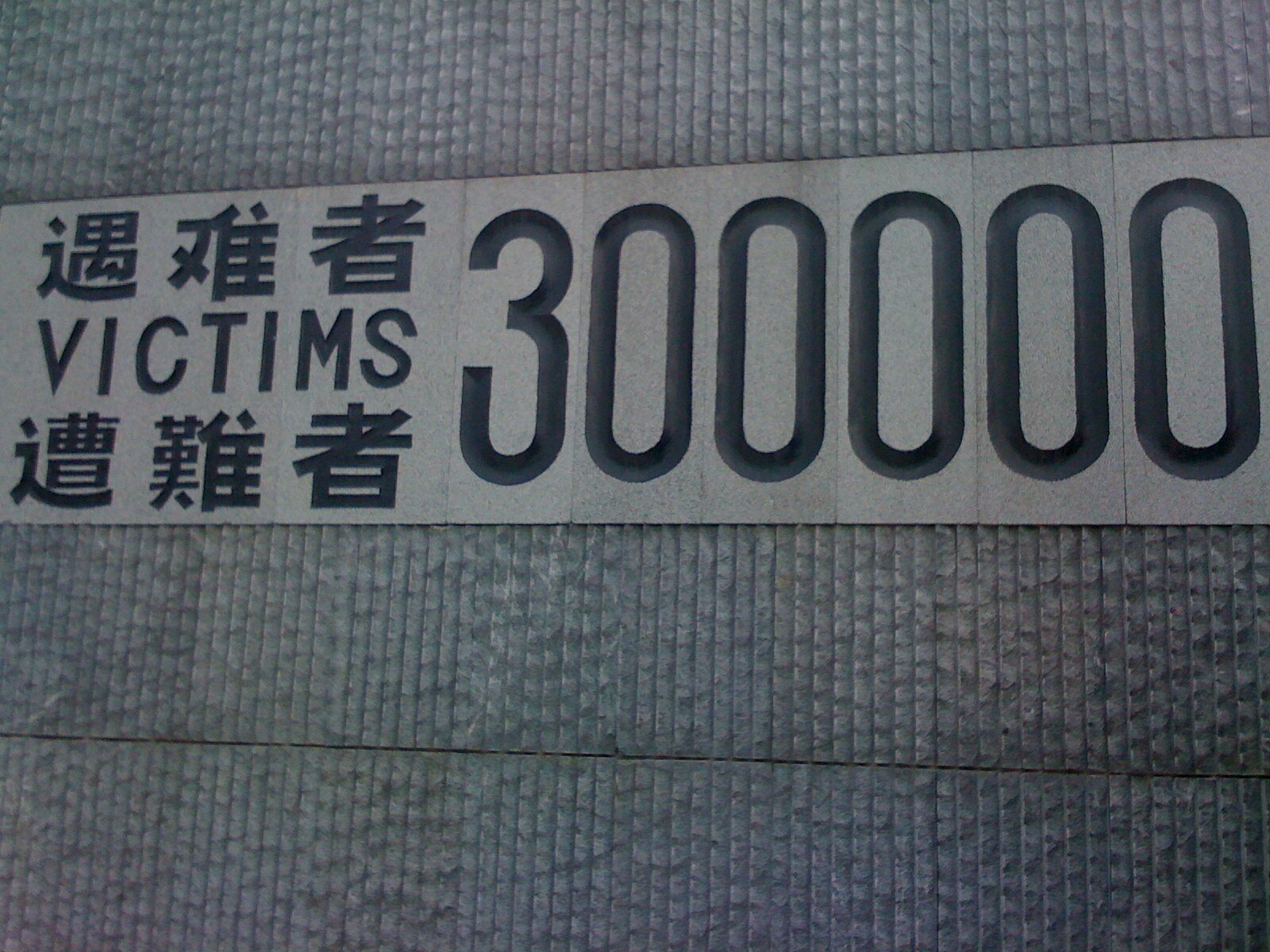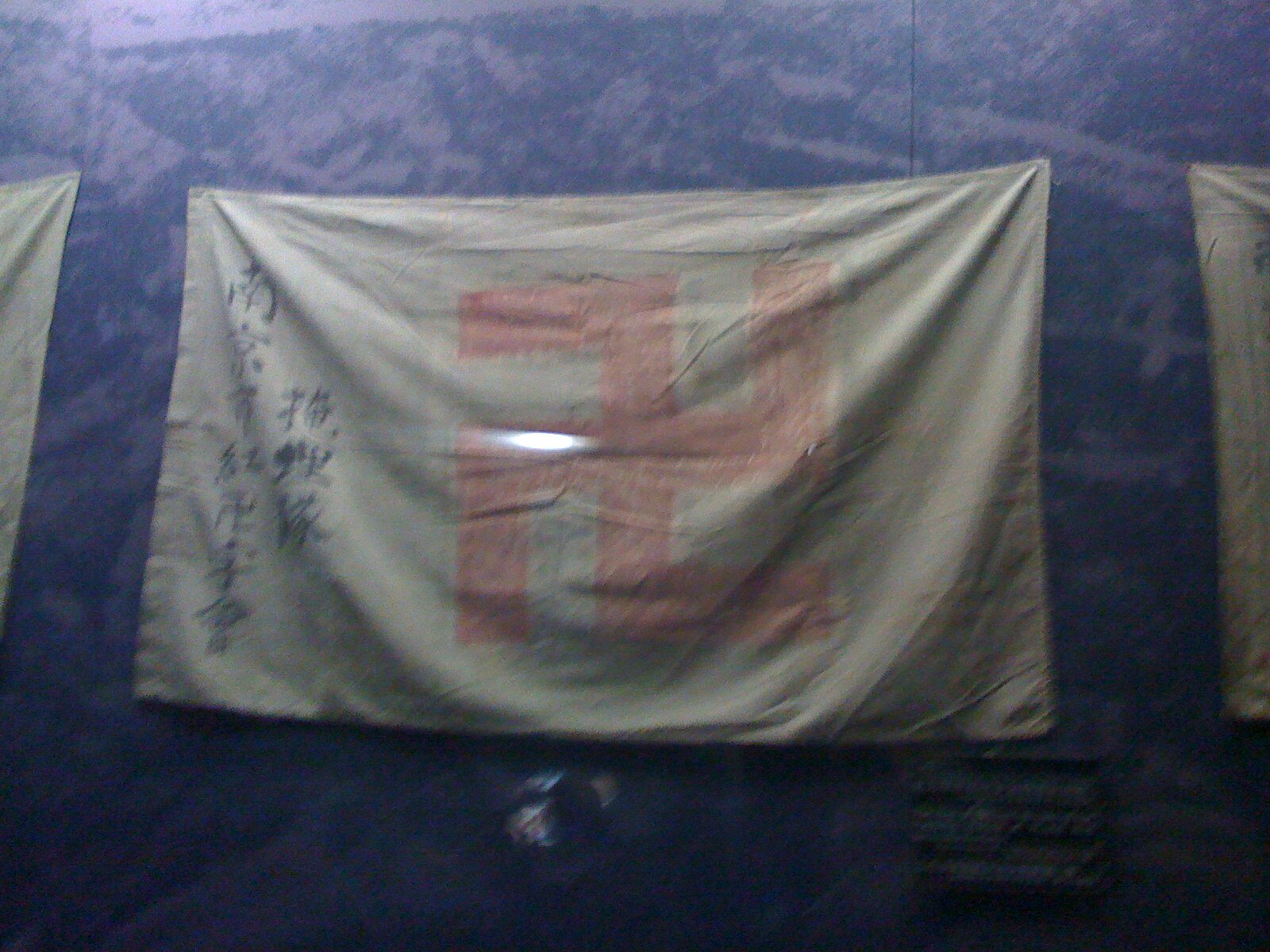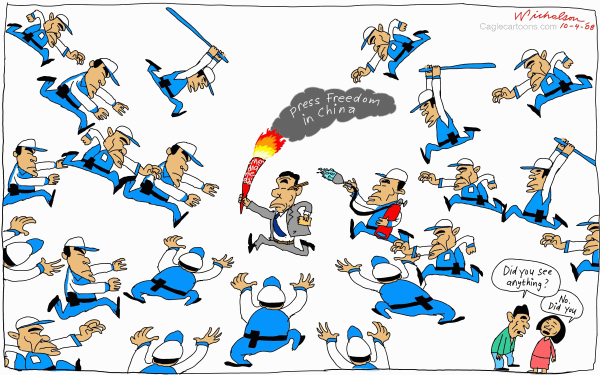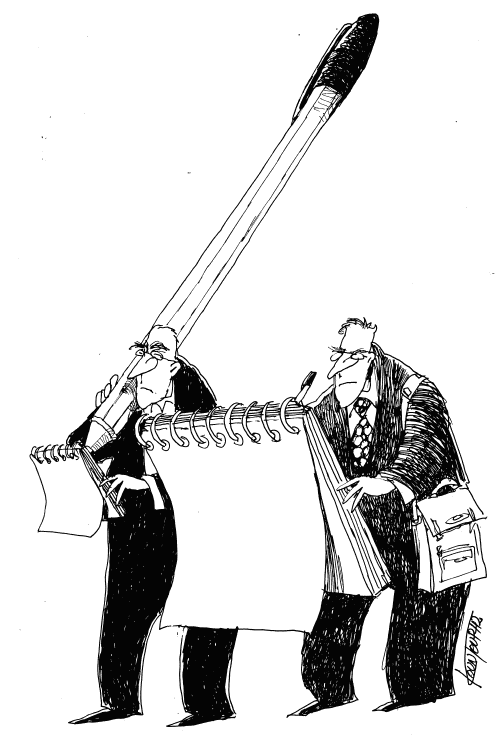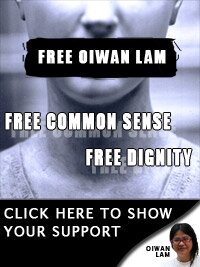Spread Hope

Reuters
There is an old religious joke that talks about St. Peter leading a group of hard-shell Baptists on a tour of heaven. The whole time they were getting a sanctified tour they could not help but notice a high wall blocking any view to the right of the procession. Finally, one of the followers deigned to ask about what was on the far side of the obstruction. St. Peter answered by putting a forefinger to his lips and whispering, “Shhh. It’s the Catholics. We allow them to to think they’re alone.”
It’s been quite a week: wars, unprecedented elections, genocide aided by international good intentions not backed by action, uprisings, volcanoes, the earthquakes that bred the tsunami that continues to effect nuclear and economic meltdowns. And in the tamer, less catastrophic weeks that led up to the horrors in Libya, Bahrain, Sendai, and Fukushima there was the Jasmine Devolution and Groupon’s troubles baiting the China hook on their first Middle Kingdom fishing expedition.
Not unlike the Beijing Olympics ( how is that for a metaphorical jump?), the intense media coverage and social media soapbox attention given to global disasters brought out a raft of what Ted Turner (surely headed toward the console to start playing Nearer My God to Thee) would have deemed kooks or bozos. Everyone with an agenda or a buck to make on adversity had something to say: and most of it was reprehensible. They tried to outwardly extend the boundaries of their political and ideological heavens (or hells) devoid of humanitarian consideration for the suffering at hand.
Let’s look back to Groupon for a paragraph or two: The madmen who contrived the Superbowl ads probably spent more time discussing the thread counts on their suits than the cultural impact of their decision to air a commercial that a junior high school student in mainland China could have advised them was going to fly them through a shit storm for which a flak jacket and goggles would be mandatory. Groupon’s supporters cried “foul” and pointed to the fact that despite the vagueness of the ad ( Angry Birds should have given away a secret decoder link) they did indeed give money to imperiled Tibetans. It’s just that the Tibetans they support live in India in exile and are viewed by 1.2 million well instructed Chinese as separatists and a threat national stability. Add to it that for religious reasons most Tibetan Buddhists in exile, Tibet, greater China don’t eat fish because they are used to consume corpses in water burial rituals and you had acts perceived as cultural aggression in both sides of the political and geographical border. Offers of money don’t easily buy you out of those kind of fixes.
Pundits piled on that one and Old China Hands talked about the perils of Internet business in China and took odds that Groupon will fare worse here than my beloved Cubs might have of making the MLB playoffs. The jocular usual media suspects and good old boys, journalists and ex-journalists who interview, blog and record each other’s comments over drinks in Beijing, heckled Groupon nearly as much as they normally do anyone not afforded the sign or grip of their secret society. But, I digress…
Then soon after the Jasmine Devolution attracted more media than strolling activists (they’d been locked up or invited to tea (detained) in advance of their morning walks) for breakfast at KFC and McDonalds. Stephen Engle of Bloomberg was beaten, detained for hours and forced to file a police report while in dire need of medical care. It’s hard to imagine not one of the hundreds of cops and soldiers nearby was able to stop a broomstick battering of a journalist by a group of men wearing tactical communication type wireless ear pieces.
Social media fingers began pointing at the photographers themselves, there to do their jobs, as the cause of the ruckus and Engle was quickly crucified in absentia for crimes of omission and submission by reporters from time immaomoraiam. And if something had happened and they would have stayed in the comfort of home away from home someone would have been nailed for that one too.
My truck with the reporting of any of this, aside from the hate mongers who all seem to have heavenly authority to speak ex-cathedra on matters of morality, is the lack of attention to the human response cost in each of these tragedies.
A journalist running a running a stringer’s boiler room inn Shanghai once told me that I would never get published if I insisted on writing human interest stories with a positive slant. perhaps she was right. These last few weeks I have carefully watched reactions to my updates on and Facebook and tagged my Twitter upates and my pictures on Twitpic. Those pictures or posts containing disaster or devastation seach terms were rebroadcast/viewed, on a average, 40X more often than those with heroic or human interest markers.
Bing took update hits over a Twitter campaign encouraged by Brian Seachrest (American Idol) that asked people to retweet their commitment to pay the Red Cross a dollar for each tweet up to a maximum of $100,000. It was seen as a commercial ploy while Lady Gaga was lauded for for donating proceeds for a grisly bracelet she designed when the link for the bracelet took you to Gaga’s ad forested online store. As an aside: Though I don’t use Bing, I am now a fan because of the way they handled the crisis: They donated the $100,000 within minutes of criticism and apologized for what was obviously a poorly thought out and hastily run campaign.
To date I have seen no stories on the impact of Grooupon’s faux pax on Tibetans living inside or outside the borders of greater China. And I have not seen a story about any of the hundreds of workers, who signed on with Gaopeng in hopes of tenured employment with an up and coming new venture, and how this has affected their lives.
I have not read about Stephen Engle’s recovery, the outcome of Embassy calls for justice in his attack nor the impact on him, and other journalists, of the aggression and subsequent indifference to suffering he endured in Beijing.
I translated and re-broadcast (retweeted) several Japanese updates this week. One man, trapped under his house in northeast Japan put his address in a tweet. Another man talked about the charity and collective strength he felt after seeing several random acts of kindness. In one of his updates he asked people to “spread hope.” Others have called for a pre-morbid celebration and recognition of Fukushima’s 180 ( #Fukushima140)heroic workers who have surely sacrificed their lives in service to others. They are already enshrined in many hearts as are the ancient 47 leaderless samurai who embody, arguably, a kind of selfless courage and spirit known in Japan as Bushido. There is no argument about these men and others who have and will surely suffer for their kindness.
One beautiful and moving article this week that touched on the difficulties faced by the nearly 500,000 people searching for news of missing or displaced relatives. The piece was written by an LA Times reporter “on the ground” in Sendai. I felt it baited readers with a headline that made it sound like chaos had begun to reign in one most honor bound places on earth. In fact the Japanese have made themselves exemplars of dignity with their unselfishness and commitment to the common good. maybe the reporter or her editor felt and important story wouldn’t be read without first appealing to the apocalyptic side of us first. (It was better than the horsemen Beck and Limbaugh who ask you to follow them into foul and foreboding places stripped of any humanity where bright students like Alexander Watson get lost.
Many of the messages I read moved me to tears, many have inspired me, and others made me examine my place in the social web and where I want to be as a writer, friend, social median, volunteer and, more importantly, where I hope to be one day as a more self-actualized person who isn’t afraid he will write a story, or run a venture, only a few will come to know or appreciate.
Best of all: I have adopted a new #hashtag I will use without regard for its popularity: #SpreadHope…
American Professor in China,Censorship,China Editorials,China Expat,China Law,Chinese Education,Heartsongs,Human Rights China,In the news,Intercultural Issues,IWOM,Tibet,中国

